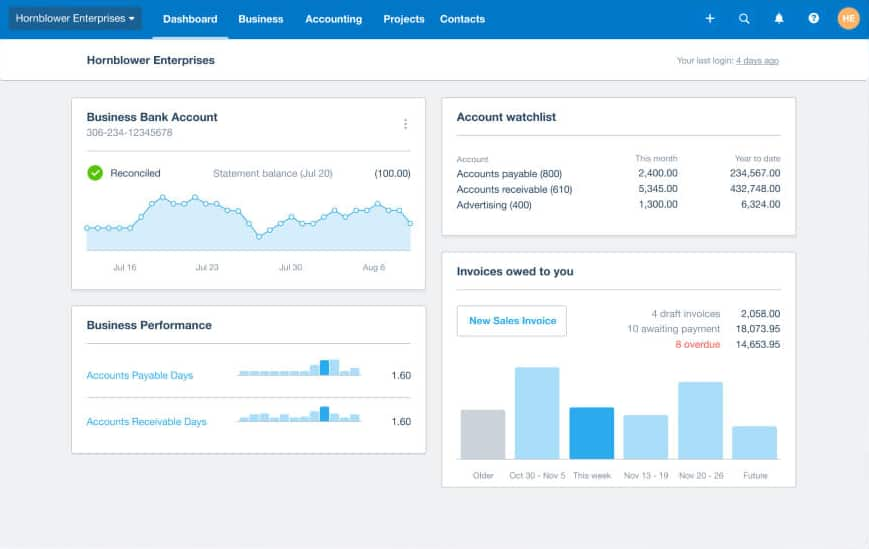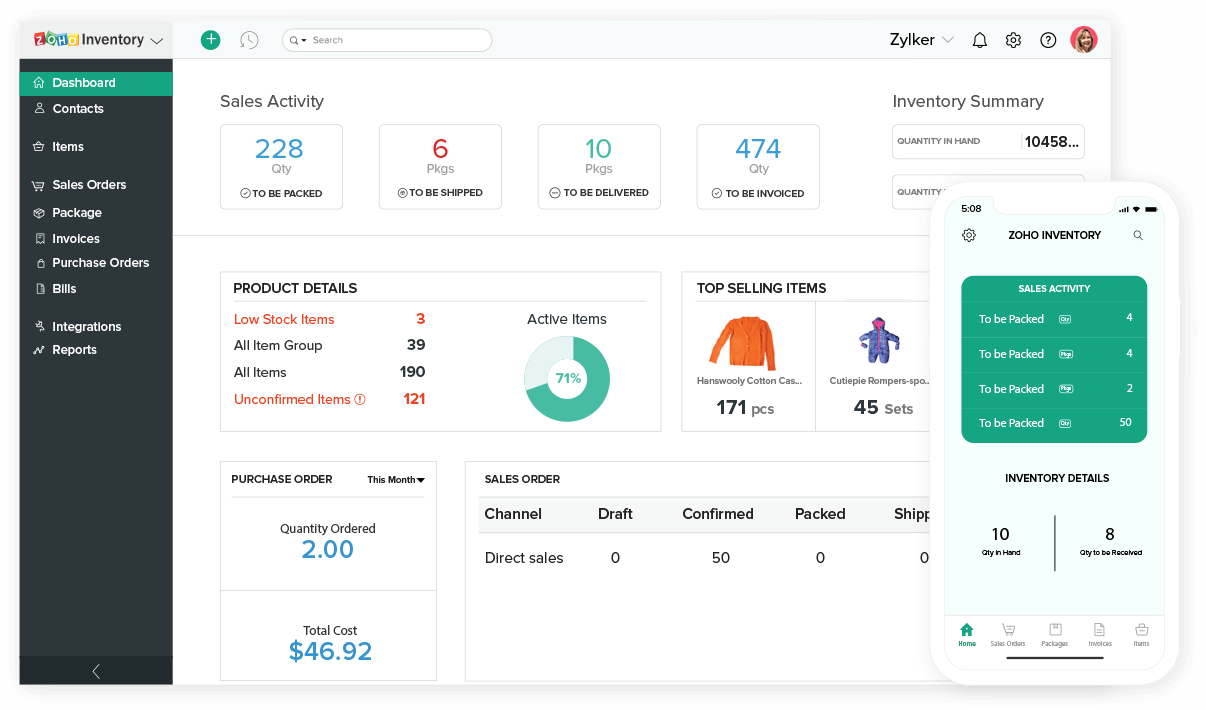Navigating the world of small business inventory and accounting software can be a daunting task. But fear not, as this comprehensive guide will equip you with the knowledge and insights you need to make informed decisions and unlock the full potential of these powerful tools. Embark on this journey with us as we delve into the intricacies of inventory management, accounting automation, and the myriad benefits they offer to small businesses.
From understanding the key features and considerations to exploring emerging trends and best practices, this guide will provide you with a roadmap to success. Whether you’re a seasoned entrepreneur or just starting out, this resource will empower you to streamline your operations, optimize your workflow, and gain a competitive edge in today’s dynamic business landscape.
Small Business Inventory and Accounting Software Market Overview

The market for small business inventory and accounting software is a rapidly growing one, driven by the increasing need for small businesses to manage their finances and operations more efficiently.
According to a report by Grand View Research, the global small business inventory and accounting se is too complex or difficult to navigate, it will be less likely to be used effectively.
To help small businesses evaluate different software options, here is a checklist that can be used:
| Feature | Importance | Notes |
|---|---|---|
| Inventory management | High | Tracks inventory levels, costs, and locations. |
| Accounting | High | Manages accounts payable, accounts receivable, and general ledger. |
| Reporting | Medium | Generates reports on inventory levels, sales, and profits. |
| CRM | Low | Manages customer information and relationships. |
| E-commerce integration | Low | Connects to your online store to manage orders and inventory. |
Implementation and Best Practices for Small Business Inventory and Accounting Software

Implementing small business inventory and accounting software requires careful planning and execution to ensure a smooth transition. The key steps involved include:
Planning, Small business inventory and accounting software
– Define business requirements and objectives for the software.
– Research and select the right software solution based on features, cost, and scalability.
– Create a project plan outlining timelines, responsibilities, and communication channels.
Data Migration
– Gather and prepare inventory and accounting data from existing systems.
– Establish data mapping rules to ensure accurate transfer of data.
– Test data migration thoroughly before go-live to minimize errors.
Training
– Provide comprehensive training to all users on software functionality and best practices.
– Create user manuals and reference materials for ongoing support.
– Offer refresher training as needed to ensure proficiency.
Ongoing Maintenance
– Regularly update the software with the latest releases and security patches.
– Monitor system performance and address any issues promptly.
– Back up data regularly to prevent data loss in case of system failure.
Emerging Trends in Small Business Inventory and Accounting Software

Small business inventory and accounting software is constantly evolving, with new trends emerging all the time. These trends are driven by the need for businesses to become more efficient, productive, and profitable.
Cloud-based Software
Cloud-based software is a type of software that is hosted on the internet, rather than on a local computer. This means that businesses can access their software from anywhere, at any time, on any device. Cloud-based software is often more affordable than traditional software, and it is easier to maintain and update.
Benefits of cloud-based software include:
- Reduced costs
- Increased flexibility
- Improved security
- Enhanced collaboration
Mobile Apps
Mobile apps are software applications that are designed to be used on smartphones and tablets. Mobile apps can provide businesses with a convenient way to access their inventory and accounting software on the go. This can be especially useful for businesses that have employees who are frequently out of the office.
Benefits of mobile apps include:
- Increased productivity
- Improved customer service
- Enhanced collaboration
Artificial Intelligence
Artificial intelligence (AI) is a type of computer technology that can be used to automate tasks and make decisions. AI can be used in small business inventory and accounting software to automate tasks such as data entry, inventory management, and financial reporting.
Benefits of AI include:
- Reduced costs
- Increased efficiency
- Improved accuracy
- Enhanced decision-making
Data Analytics
Data analytics is the process of collecting, analyzing, and interpreting data. Data analytics can be used in small business inventory and accounting software to identify trends, patterns, and insights that can help businesses make better decisions.
Benefits of data analytics include:
- Improved decision-making
- Increased profitability
- Enhanced customer service
- Reduced risk
Concluding Remarks
In conclusion, small business inventory and accounting software are indispensable tools for any business looking to optimize its operations and achieve long-term success. By embracing these technologies, you can automate tasks, improve accuracy, gain valuable insights, and make data-driven decisions that will drive your business forward.
Remember, the key to unlocking the full potential of these software solutions lies in choosing the right tools for your specific needs, implementing them effectively, and continuously seeking opportunities for improvement. As the business landscape evolves, so too will the capabilities of inventory and accounting software. Stay informed about emerging trends and best practices to ensure that your business remains competitive and poised for growth.
General Inquiries: Small Business Inventory And Accounting Software
What are the benefits of using small business inventory and accounting software?
Small business inventory and accounting software offer a wide range of benefits, including improved inventory management, reduced accounting errors, increased efficiency, improved decision-making, and enhanced financial reporting.
How do I choose the right small business inventory and accounting software for my business?
When choosing small business inventory and accounting software, consider factors such as your business size, industry, budget, desired features, ease of use, and integration capabilities.
What are some emerging trends in small business inventory and accounting software?
Emerging trends in small business inventory and accounting software include cloud-based solutions, mobile apps, artificial intelligence, and data analytics.